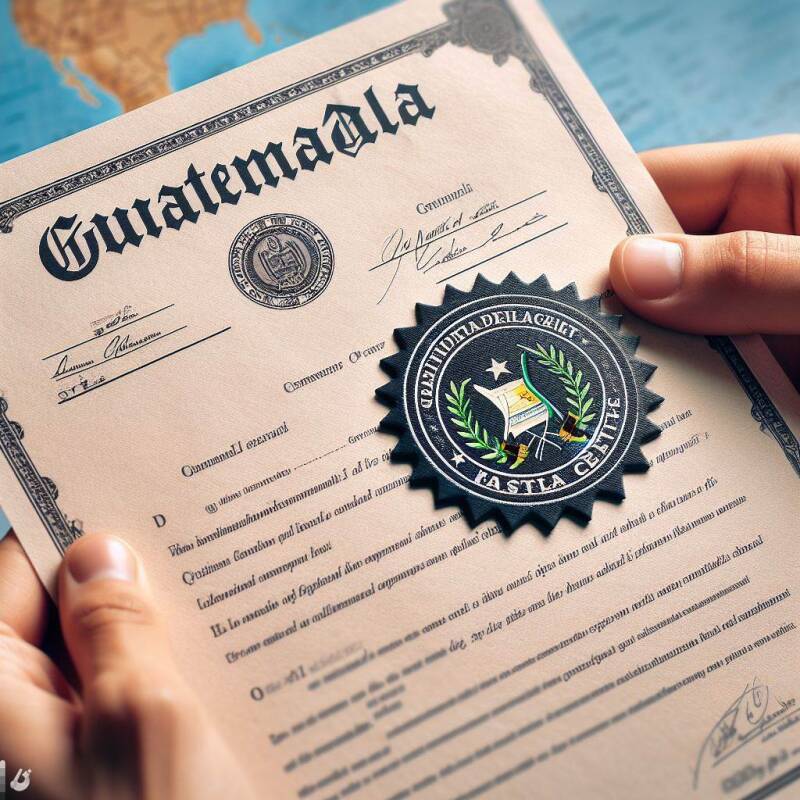When dealing with international transactions, legal matters, or academic pursuits, having documents recognized and accepted across borders is essential. For individuals or entities requiring validation of documents issued in Guatemala for use in other countries, the apostille process serves as a vital authentication method.
Understanding the Guatemala Apostille Process
1. What is an Apostille?
An apostille is a certification that authenticates the origin of public documents, ensuring their validity in foreign countries. Guatemala, as a signatory to the Hague Convention, recognizes apostilles as a means of simplifying the acceptance of documents abroad.
2. Types of Documents Eligible for Apostille:
In Guatemala, various documents can be apostilled, including birth certificates, marriage certificates, court documents, notarized agreements, and educational transcripts issued by recognized institutions.
3. Where to Obtain an Apostille:
The Ministry of Foreign Affairs in Guatemala is responsible for issuing apostilles. The process involves submitting the original document along with a completed apostille request form to the Ministry.
4. Authentication Process:
Once the Ministry receives the documents, they verify the authenticity of the signatures, seals, or stamps affixed to the document. Upon confirmation, an apostille certificate is attached, certifying the document's legitimacy.
5. Use of the Apostille:
After receiving the apostilled document from the Ministry of Foreign Affairs, it became legally recognized in countries that are part of the Hague Convention.
Benefits of Obtaining an Apostille in Guatemala
-
Global Recognition: Documents with an apostille from Guatemala are recognized and accepted in member countries of the Hague Convention, simplifying cross-border transactions.
-
Streamlined Process: The apostille process centralizes authentication, making it more efficient and standardized.
-
Legal Validity: An apostille adds credibility to documents, ensuring their legality and authenticity in foreign jurisdictions.
Tips for a Smooth Apostille Process in Guatemala:
-
Accurate Documentation: Ensure all information on the documents and the apostille request form is accurate and matches precisely.
-
Adherence to Guidelines: Follow the guidelines provided by the Ministry of Foreign Affairs to prevent delays or rejections during the authentication process.
-
Allow for Processing Time: Plan and consider the processing times for obtaining an apostille, allowing sufficient time before the document is needed for international use.
In conclusion, obtaining a Guatemala apostille for documents is a critical step in ensuring their validity and acceptance in foreign countries. By adhering to the guidelines set forth by the Ministry of Foreign Affairs, individuals and organizations can navigate the authentication process smoothly, ensuring that their documents carry the necessary certification for international use.
Whether it's for business transactions, legal proceedings, or academic pursuits, the apostille process in Guatemala offers a streamlined method for authenticating documents, fostering smoother interactions on a global scale.

Reactie plaatsen
Reacties